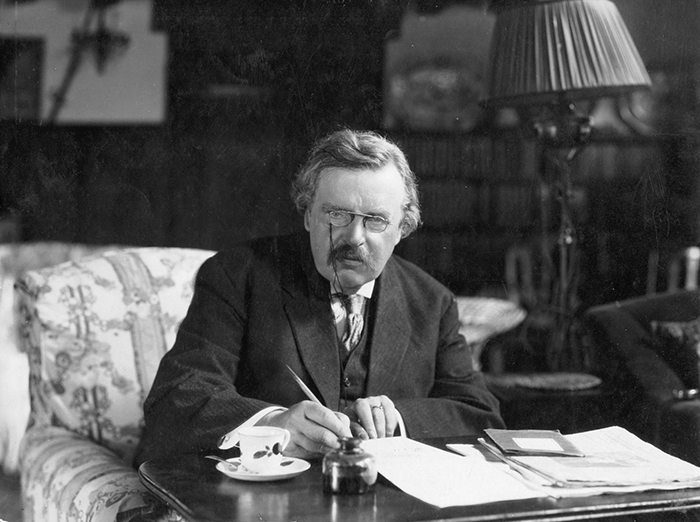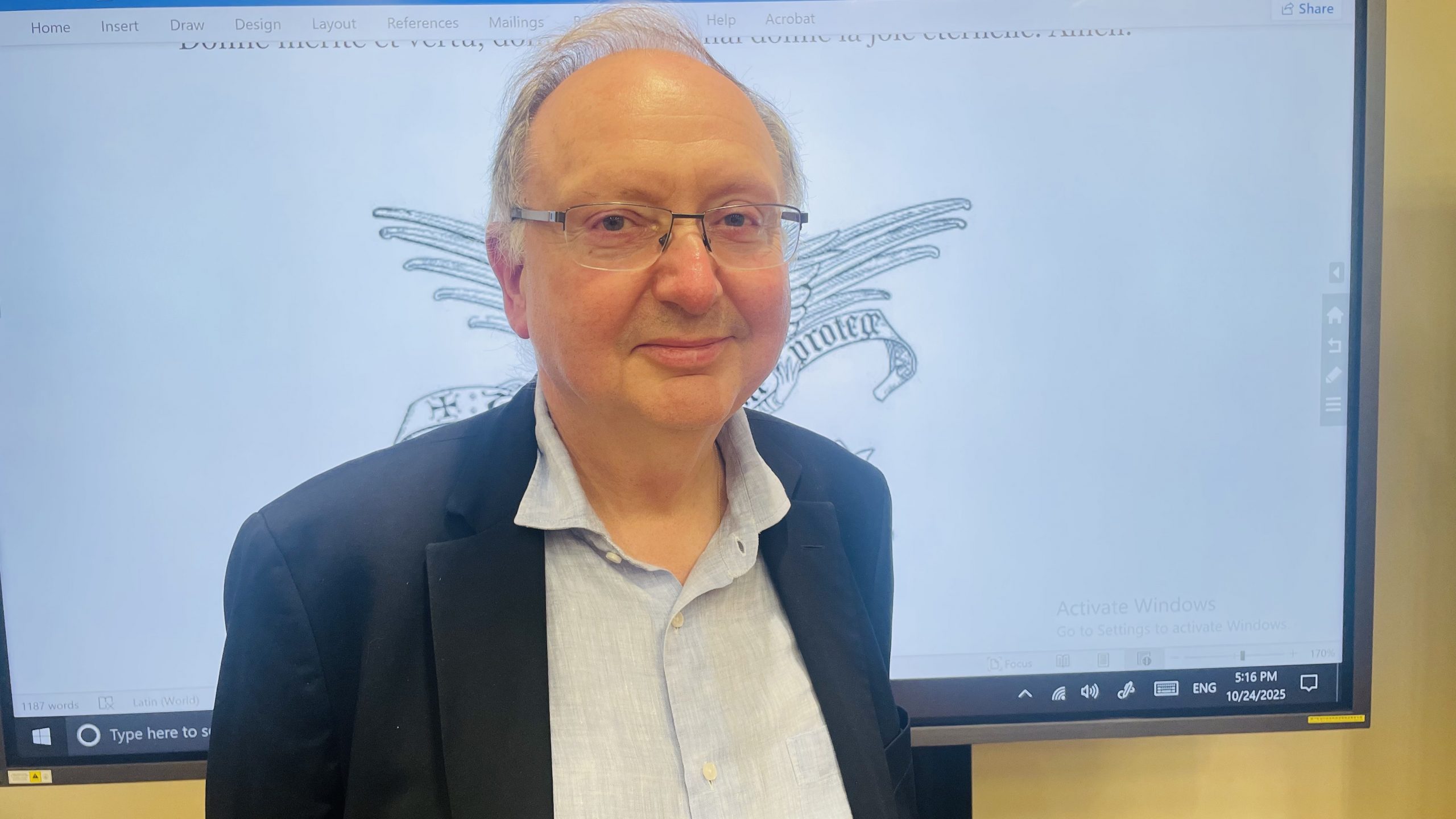Robaird O’Cearbhaill
Hong Kong Correspondent
There are few such complex, multi-skilled writers and humorous performers who break boundaries while being traditionalist. As a devout convert he worked hard to establish Distributism, to promote Catholic social teaching, justice for the poor, ways to lessen economic inequality. James Parker’s portrait of Chesterton in the Atlantic in 2015, while a beatification push was on the way, delivers marvelously what a multi-facetted, fascinating man he was.
“In his vastness and mobility, Chesterton continues to elude definition: a Catholic convert, an oracular man of letters, a pneumatic cultural presence, an aphorist, the production rate of a pulp novelist. Poetry, criticism, fiction, biography, public debate (too). Chesterton was (also) a journalist, metaphysician, reactionary, (as well as a radical, a modernist, and anti-modernist). All of these cheerfully contradictory things are true…he was a genius. His prose…[is] supremely entertaining, he fulminates wittily; cracks jokes like thunder. His message, a steady illumination beaming and clanging through every lens and facet of his creativity, was: get on your knees, modern man, and praise God.” (From: “A Most Unlikely Saint . The case for canonizing G.K. Chesterton, the bombastic man of letters and paradoxical militant for God”)
Pope Francis, while he was Cardinal Jorge Bergolio in Argentina, revealed the author’s books in his bookshelves during an interview, according to the President of the Society of Gilbert Keith Chesterton, Dale Ahlquist, an expert author of four books on Chesterton. Ahlquist, who is also a Senior Fellow fellow at the Chesterton Library in London, writing for the Society website, noted that Chesterton is well known in Argentina, because local writer Jorge Luis Borges often quoted him, which Cardinal Bergolio enjoyed. Ahlquist added that the intercession prayer for Chesterton to be blessed was approved by the Cardinal, a few days before he became Pope.
Chesterton’s way with words and religious views mesh well together: “Angels can fly because they can take themselves lightly.” On Christmas: “Any one thinking of the Holy Child as born in December would mean by it exactly what we mean by it; that Christ is not merely a summer sun of the prosperous but a winter fire for the unfortunate.” “The riddles of God are more satisfying than the solutions of man.”
The widespread works of Chesterton are diverse and voluminous: 100 books, including influential ones on theology, best-selling detective priest stories, numerous essays, newspaper columns, speeches, popular BBC radio debates with other famous writers. He was considered the most well-known journalist of his day.
That and more in part 2 next week. (Photo from Wikipedia)


 Follow
Follow


